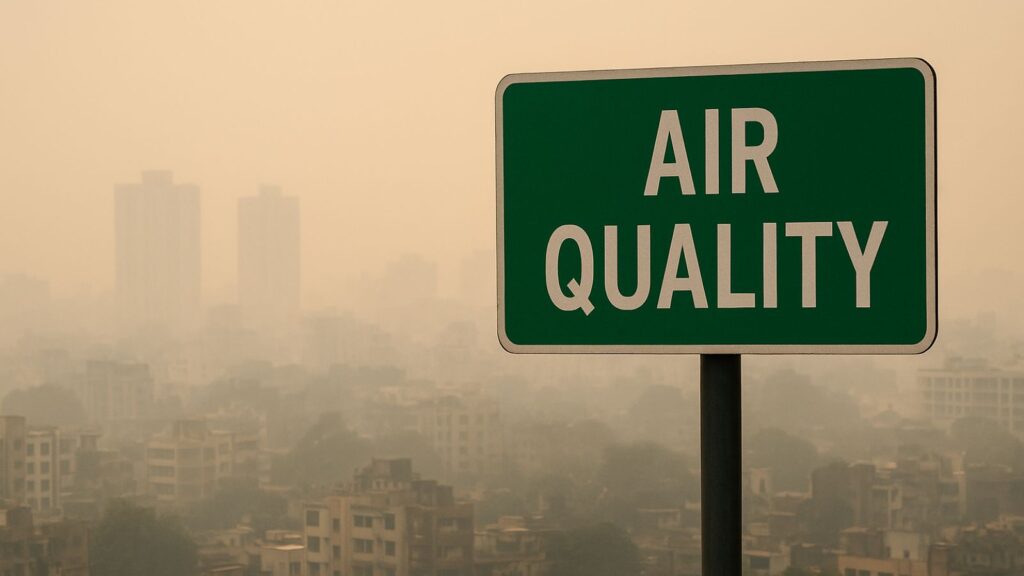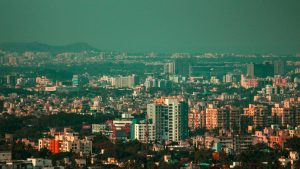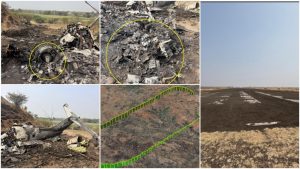Sudden Spikes in Pune’s Air Pollution Puzzle Experts, MPCB to Add New Monitoring Stations

Pune: The Maharashtra Pollution Control Board (MPCB) has reported unexplained spikes in air pollution levels across Pune and Pimpri-Chinchwad, even on days with little traffic or construction activity. To better understand these irregular patterns, the board plans to install two new automatic air quality monitoring stations at Chikhali and Kasarwadi.
According to Manchak Jadhav, Sub-Regional Officer at MPCB, the network already covers traffic junctions, industrial areas, and residential zones across the city. The data is regularly updated on the board’s official website. “We’ve seen sudden spikes in air pollution levels on certain days without any clear reason. In some cases, pollution remains high even during nighttime when vehicular activity is minimal,” reported Hindustan Times.
He added that while there’s no direct evidence yet, weather and temperature changes could be affecting local air quality. Currently, MPCB operates six stations, while the Indian Institute of Tropical Meteorology (IITM) monitors ten more across Pune and Pimpri-Chinchwad.
The upcoming stations at Chikhali and Kasarwadi, both near sewage treatment plants, are expected to become operational within the next month. These additions aim to enhance real-time air quality tracking and help authorities identify the underlying causes behind these sudden pollution surges.
Air Quality Index Shifts with Weather Changes
As the city’s weather cleared up from October 10, Pune’s overall Air Quality Index (AQI) shifted from “Good” to “Moderate.” According to data from the Air Quality Early Warning and Decision Support System (AEQMS), Pune’s AQI was recorded at 137 around 5:30 pm on October 11.
Nine stations, including Nigdi (131), Bhumkar Chowk (116), Katraj Dairy (106), Savitribai Phule Pune University (121), Gavalinagar (133), Wakad (189), Thergaon (173), Pashan (122), and Lohegaon (149), reported AQI levels above 100 — placing them in the “Moderate” category.
Officials noted that reduced atmospheric moisture and dispersion capacity could be behind the recent rise in pollution. With winter approaching, when wind speeds drop and air tends to stagnate, experts warn that more “Moderate” to “Poor” air quality days may be ahead for Pune.









